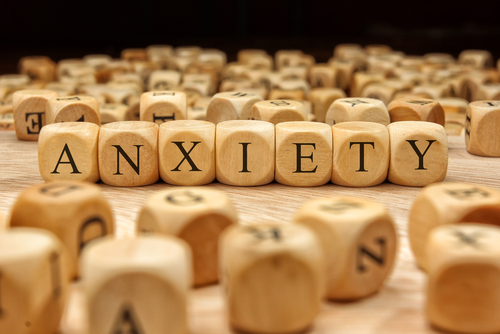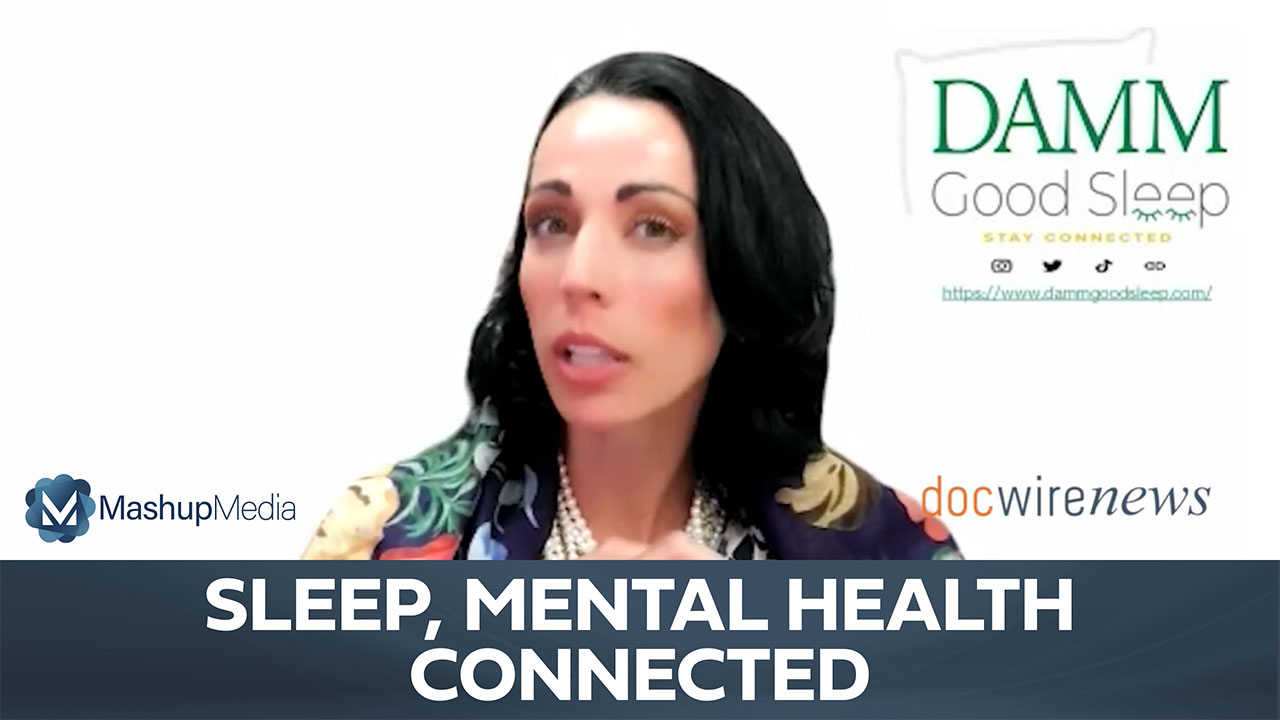
JAMA Psychiatry published the results of systematic review and network meta-analysis that evaluated the efficacy of psychotherapies for the treatment of generalized anxiety disorder (GAD) in adults. Data from 66 studies, comprising 5597 participants, were included.
“Which types of psychotherapy should be prioritized for GAD is yet to be substantiated by a thorough and consistent investigation using a method suited for this purpose,” the authors explained. “In network meta-analysis, it is possible to rank treatment options by comparing multiple treatments using both direct comparisons of interventions within randomized clinical trials (RCTs) and indirect comparisons across trials.”
Eligible RCTs enrolled adults with a primary diagnosis of GAD. Eight psychotherapies were compared, with 2 control conditions. The psychotherapies were:
- Cognitive behavioral therapy (CBT)
- Cognitive restructuring
- Third-wave CBTs
- Relaxation therapies
- Behavior therapies
- Supportive psychotherapies
- Psychodynamic therapy
- Psychoeducation
The control conditions were “treatment as usual” and “waiting list.”
Overall, CBT, third-wave CBTs, and relaxation therapy outperformed treatment as usual for reducing GAD symptoms. When excluding studies at high risk of bias, CBT and third-wave CBTs remained superior to treatment as usual. A secondary analysis found that after a mean of 24.5 weeks from the end of psychotherapy, CBT was the only treatment that remained more effective than treatment as usual.
“While our findings support other research showing that traditional CBT itself is the leading psychotherapy for GAD, as well as for other anxiety disorders, third-wave CBTs have recently emerged as solid alternatives,” the authors summarized. They concluded that CBT should be considered the first-line psychological treatment for GAD.







 © 2025 Mashup Media, LLC, a Formedics Property. All Rights Reserved.
© 2025 Mashup Media, LLC, a Formedics Property. All Rights Reserved.